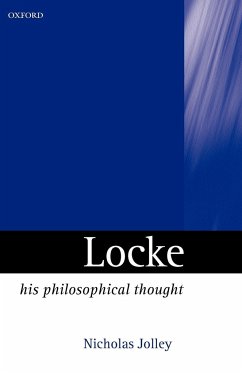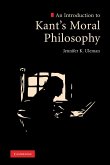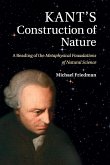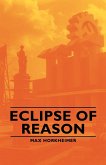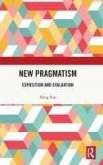Locke's famous discussions of individual topics, such as substance, personal identity, and free will, are all designed to contribute to the goal of analysing the nature and limits of knowledge. The book ends with a chapter on Locke's political philosophy which underlines the interest in promoting a more tolerant society that is common to both the Essay and the Two Treatises of Government.
This book is a general introduction to the philosophy of John Locke, one of the most influential thinkers in modern times. Nicholas Jolley aims to show the fundamental unity of Locke's thought in his masterpiece, the Essay Concerning Human Understanding. In this work Locke advances a coherent theory of knowledge; as against Descartes he argues that knowledge is possible to the extent that it concerns essences which are constructions of the human mind.
Hinweis: Dieser Artikel kann nur an eine deutsche Lieferadresse ausgeliefert werden.
This book is a general introduction to the philosophy of John Locke, one of the most influential thinkers in modern times. Nicholas Jolley aims to show the fundamental unity of Locke's thought in his masterpiece, the Essay Concerning Human Understanding. In this work Locke advances a coherent theory of knowledge; as against Descartes he argues that knowledge is possible to the extent that it concerns essences which are constructions of the human mind.
Hinweis: Dieser Artikel kann nur an eine deutsche Lieferadresse ausgeliefert werden.

